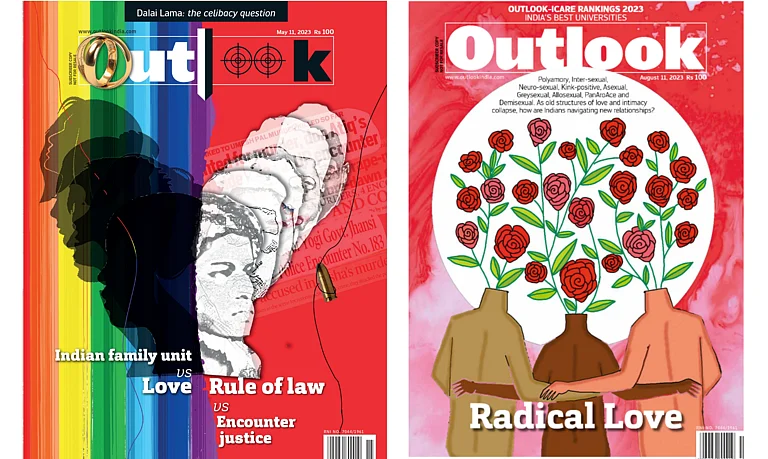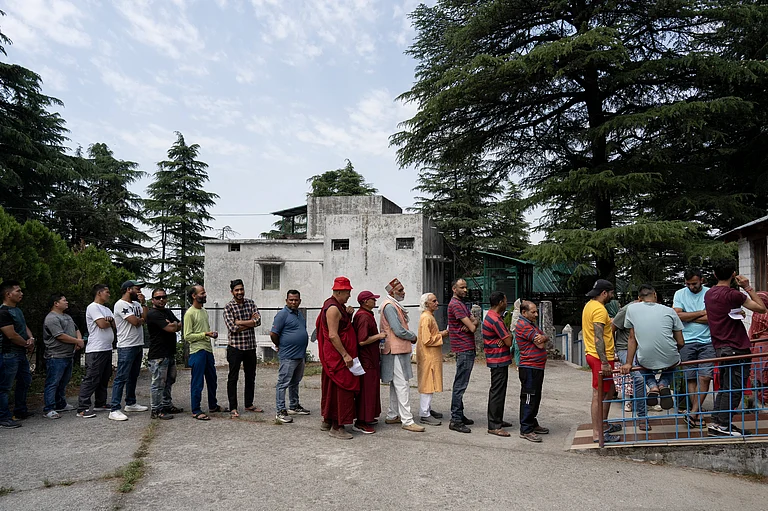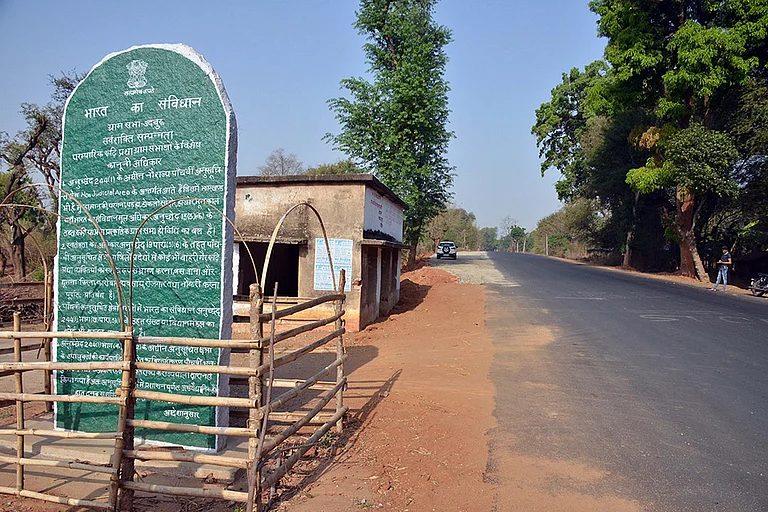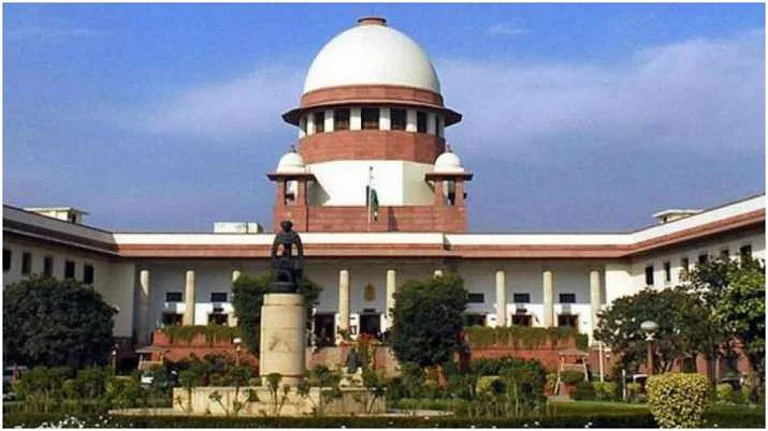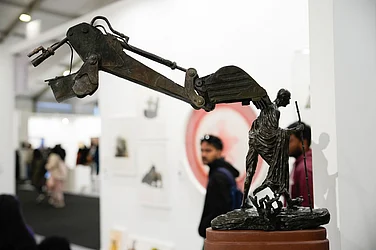The five-judge bench of the Supreme court led by the CJI D Y Chandrachud while quashing the Electoral Bond Scheme on February 15 emphasised the rights of the voters and said that “the right of a citizen to know how political parties are being funded must be balanced against the right of a person to maintain privacy of their political affiliations.”
These words evoke the year-old discourse on whether the political parties should come under the Right to Information Act (RTI). Since the RTI came into existence in 2005, this matter has been thoroughly debated. While several human rights organisations and NGOs had filed petitions to the Central Information Commission (CIC) and to the SC to declare the political parties as public authority to bring it under the ambit of RTI, no political party has yet deployed Public Information Officer to divulge information to the public.
As the apex Court today dismissed the plea of the State Bank of India (SBI) to extend the date of disclosing the information pertaining to the electoral bonds to June 30, the debate on the rights of the voters to know about the source of funding of the political parties have again taken the centre stage.
On June 3, 2013, CIC had declared that the political parties as per the regulations of the RTI act are ‘public authorities’. Though the act was commonly perceived as a mechanism to bring only the government institutions under its ambit to enhance the accountability and transparency of operation, 2(h) of the act defines public authority with the following caveats-
“public authority” means any authority or body or institution of self-government established or constituted— a) by or under the Constitution; b) by any other law made by Parliament; c) by any other law made by State Legislature; d) by notification issued or order made by the appropriate Government, and includes any— (i) body owned, controlled or substantially financed; (ii) non-Government organisation substantially financed, directly or indirectly by funds provided by the appropriate Government;
According to Association for Democratic Reforms (ADR) that fights to uphold citizens’ Right to Information, the political parties as receive benefits from the government- like lands, tax exemptions etc.- they come under the category of ‘public authority’. Several non-governmental organisations- Indian Olympic Association, Sutlej Club Ludhiana, Christian Medical College and Hospital Ludhiana, Chandigarh Lawn Tennis Association (CLTA), Sanskriti School Delhi- to name a few have been brought under the ambit of RTI either by the CIC or SIC.
Since the pronouncement of CIC that the political parties come under the ambit of the RTI, the central government has been opposing it in the courtrooms. In 2016, while challenging it, the central government in its affidavit to the apex court said, “The CIC has made a very liberal interpretation of Section 2 (h) of the RTI Act, leading to an erroneous conclusion that political parties are public authorities under the RTI Act. Political parties are not established or constituted by or under the Constitution or by any other law made by the Parliament.”
They clearly said that the declaration of financial assets and liabilities of the candidates as mandated under the Income Tax Act, 1961, and Representation of the People Act, 1951 already demands, “necessary transparency regarding financial aspects of political parties”. So, according to the Centre, there was no need to further bring them into the RTI’s ambit.
While hearing a case related to it, the SC in July, 2023 said that the political parties have a ‘point’ in their argument that their internal policy decisions or the name of the candidates even could be revealed leading to state of confusion. Addressing senior advocate Prashant Bhushan, the CJI said, “They have a point. They say, don’t ask us to disclose how we chose our candidates… I don’t think you can do that.”
However, the matter of voters’ right to know the funding of political parties again came during the hearing of the electoral bonds in the SC. In October 2022, arguing in favour of the government, the Attorney General of India (AGI) R. Venkataramani submitted, “Firstly, there can be no general right to know anything and everything without being subjected to reasonable restrictions. Secondly, the right to know as necessary for expression can be for specific ends or purposes and not otherwise.”
The SC, nevertheless, in its judgement made it clear that the EC has to make the list of the donors and the political parties public as submitted to them by the SBI.








